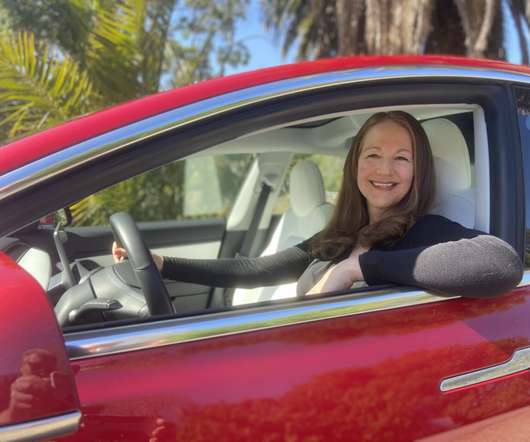Belfer Center Study Concludes Reducing Car and Truck GHG Emissions Will Require Substantially Higher Fuel Prices; Income Tax Credits for Advanced Alt Fuel Vehicles Are Essentially Ineffective at Reducing Sector Emissions
Green Car Congress
MARCH 8, 2010
The study— Analysis of Policies to Reduce Oil Consumption and Greenhouse-Gas Emissions from the US Transportation Sector —finds that reducing CO 2 emissions from the transportation sector 14% below 2005 levels by 2020 may require fuel prices above $8/gallon by 2020. —Morrow et al. Adoption of all of the preceding policies.

































Let's personalize your content